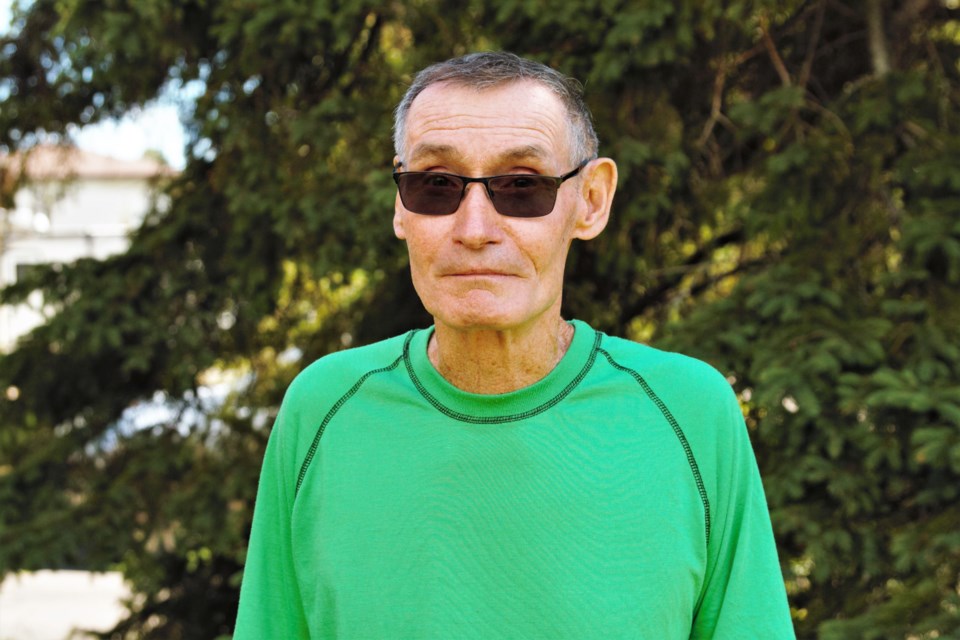THUNDER BAY — An anti-poverty advocate in Thunder Bay says the Ontario Court of Appeal made a just decision when it allowed a class action lawsuit related to the cancelled Basic Income Pilot Program to proceed.
Frank Wilson, a volunteer with Poverty Free Thunder Bay and Diversity Thunder Bay, said it wasn't right for the provincial government to abruptly cancel the three-year program in 2019, after just 18 months.
Eligible participants were receiving up to $17,000 per year, less 50 per cent of any earned income, while couples received up to $24,000 per year.
Wilson said the 4,000 recipients in the Thunder Bay, Hamilton and Lindsay areas had made commitments to go to school or find proper housing with their new source of income.
"So when the government came along and cancelled it with no compensation...that's unfair."
The Lakehead Social Planning Council at the time asserted that the abrupt end to the program had left 1,000 area residents in crisis mode.
A study released last year by a Lakehead University researcher concluded that the basic income pilot had brought major improvements to the lives of the recipients, but those improvements were reversed after the program was axed.
The recent Court of Appeal decision, Wilson said, means "the small people of the world, the people that are usually marginalized, have a voice and are getting their case heard. And the merits of the case will hopefully speak for themselves."
He said he's done a lot of reading on the subject and is convinced of the necessity of a guaranteed income program across Canada.
"I do believe the pilot would have proven, more and more, that the benefits are there to launch a basic income program."
Wilson said there are people throughout Thunder Bay who are suffering, not because of something they did wrong, but because of systemic problems.
"They lost a job, had an income, their income declined, they couldn't pay the rent, they gradually got worse off. And the support systems we have in Canada are not adequate. It got me thinking and I got to learning about how the basic income program here, and many years ago in Manitoba, really changed people's lives."
He said not only did people get physically and mentally healthier, but "they had dignity, there was less crime....they were better off and so was the whole community. And they started to be more productive as citizens."
At the same time, Wilson said, there were no indications people were squandering the money they received.
"They felt stable...Everything was clicking in the right direction. There has been no indication [in] all the studies I have read from around the world that people shirk off and don't seek employment, as some critics think.."
He acknowledged that some clients dropped out of the job market to go to school, but that was so they could eventually land better jobs.
"There's not really a lot of downside here," Wilson insisted.
The class action lawsuit seeks $200 million in damages on behalf of the people enrolled in Ontario's pilot project, alleging the province breached a contract.
The claim has yet to be proven in court.
